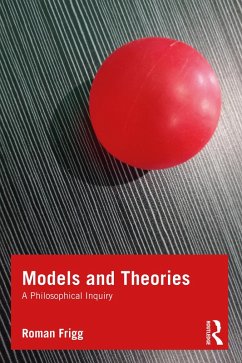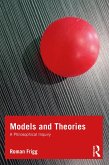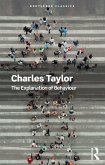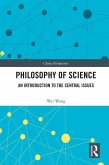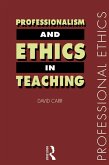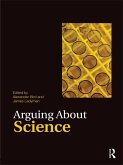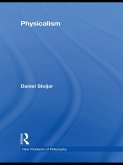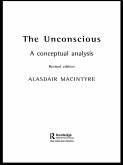The product of two decades of research, this book provides an accessible yet critical introduction to the debates about models and theories within analytical philosophy of science since the 1920s. Roman Frigg surveys and discusses key topics and questions, including:
- What are theories? What are models? And how do models and theories relate to each other?
- The linguistic view of theories (also known as the syntactic view of theories), covering different articulations of the view, its use of models, the theory-observation divide and the theory-ladenness of observation, and the meaning of theoretical terms.
- The model-theoretical view of theories (also known as the semantic view of theories), covering its analysis of the model-world relationship, the internal structure of a theory, and the ontology of models.
- Scientific representation, discussing analogy, idealisation and different accounts of representation.
- Modelling in scientific practice, examining how models relate to theories and what models are, classifying different kinds of models, and investigating how robustness analysis, perspectivism, and approaches committed to uncertainty-management deal with multi-model situations.
Models and Theories is the first comprehensive book-length treatment of the topic, making it essential reading for advanced undergraduates, researchers, and professional philosophers working in philosophy of science and philosophy of technology. It will also be of interest to philosophically minded readers working in physics, computer sciences and STEM fields more broadly.
Dieser Download kann aus rechtlichen Gründen nur mit Rechnungsadresse in A, B, BG, CY, CZ, D, DK, EW, E, FIN, F, GR, HR, H, IRL, I, LT, L, LR, M, NL, PL, P, R, S, SLO, SK ausgeliefert werden.

